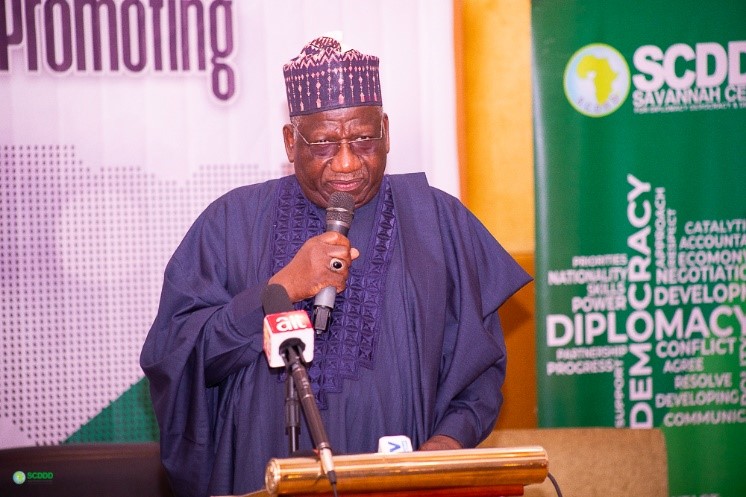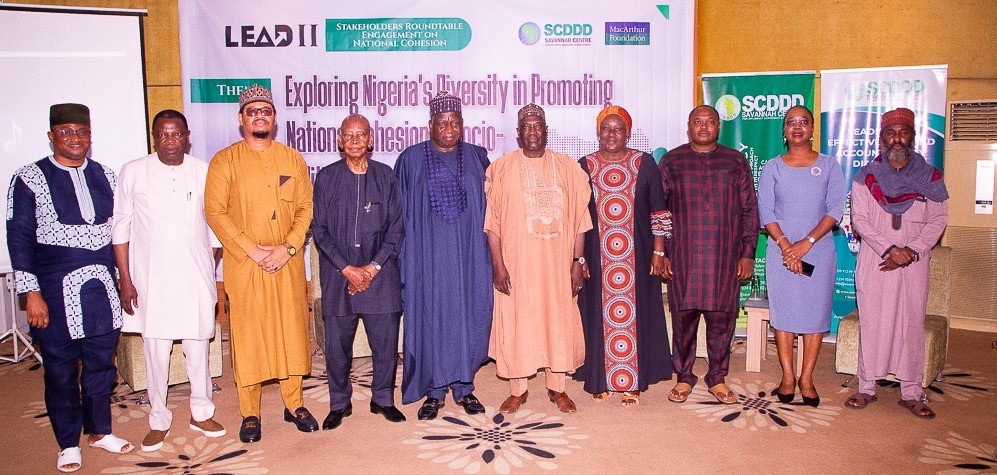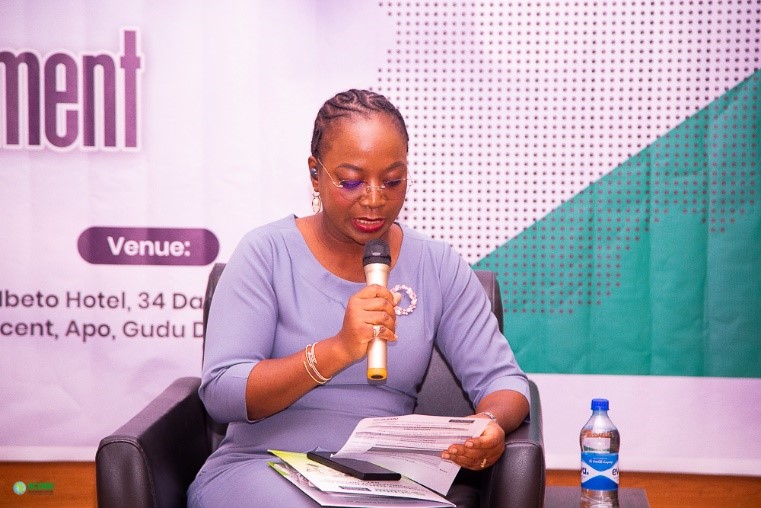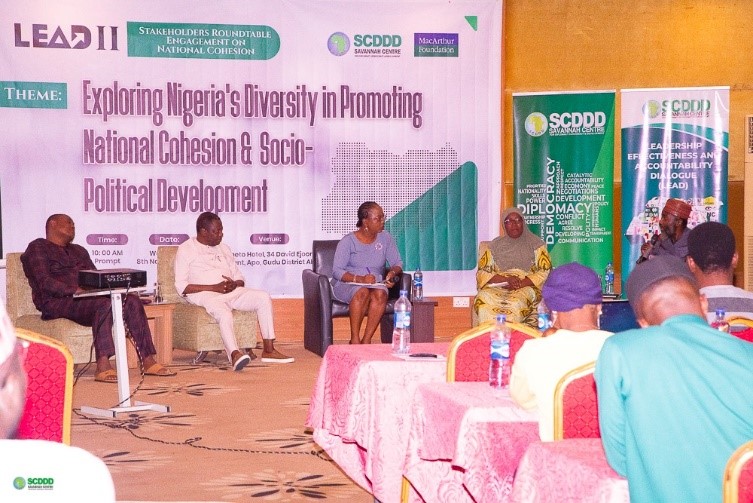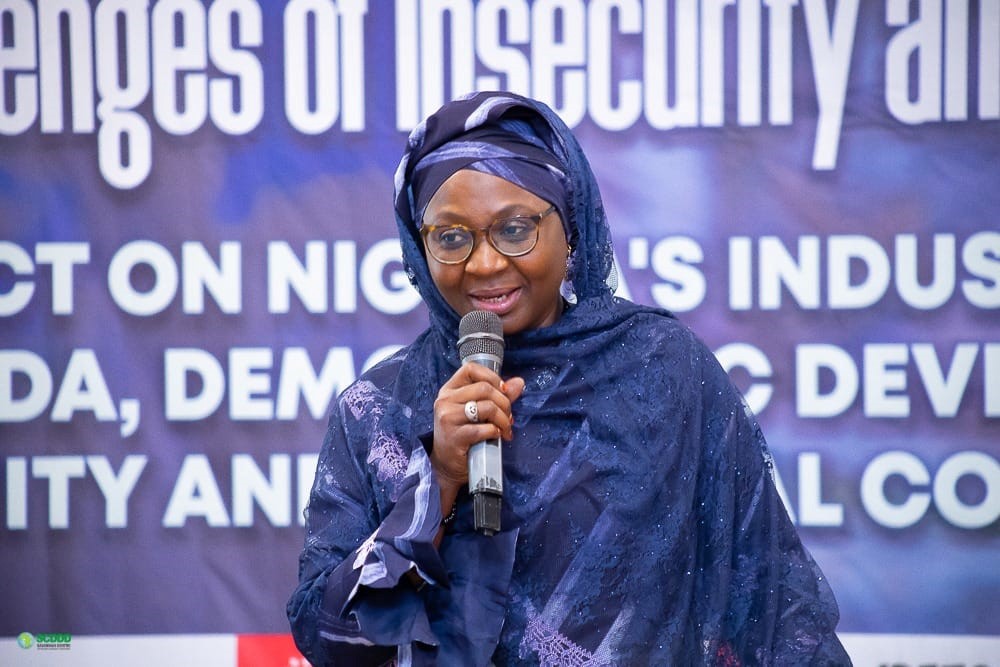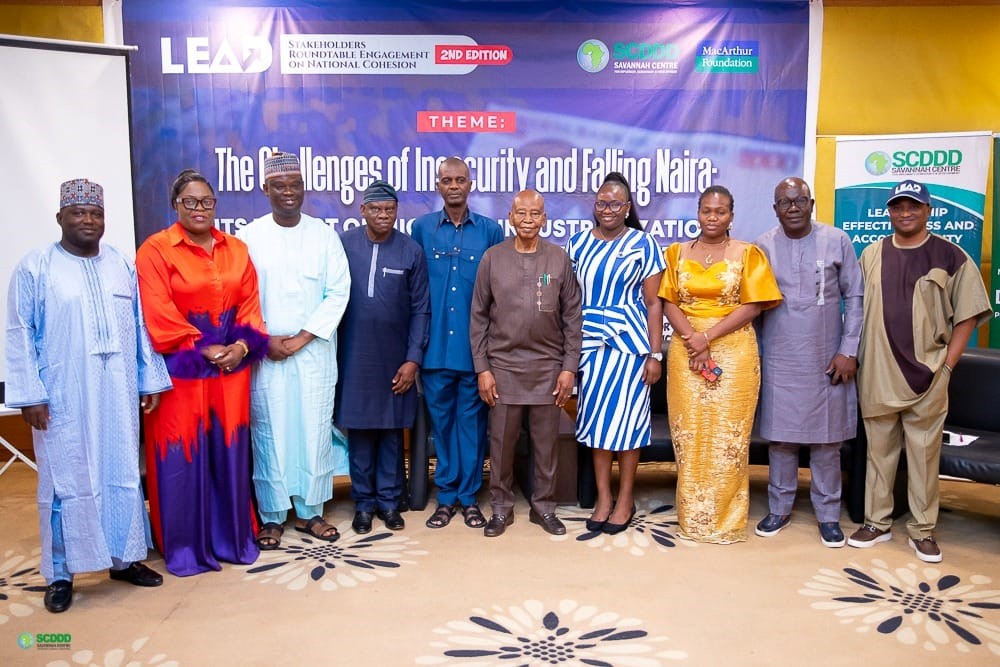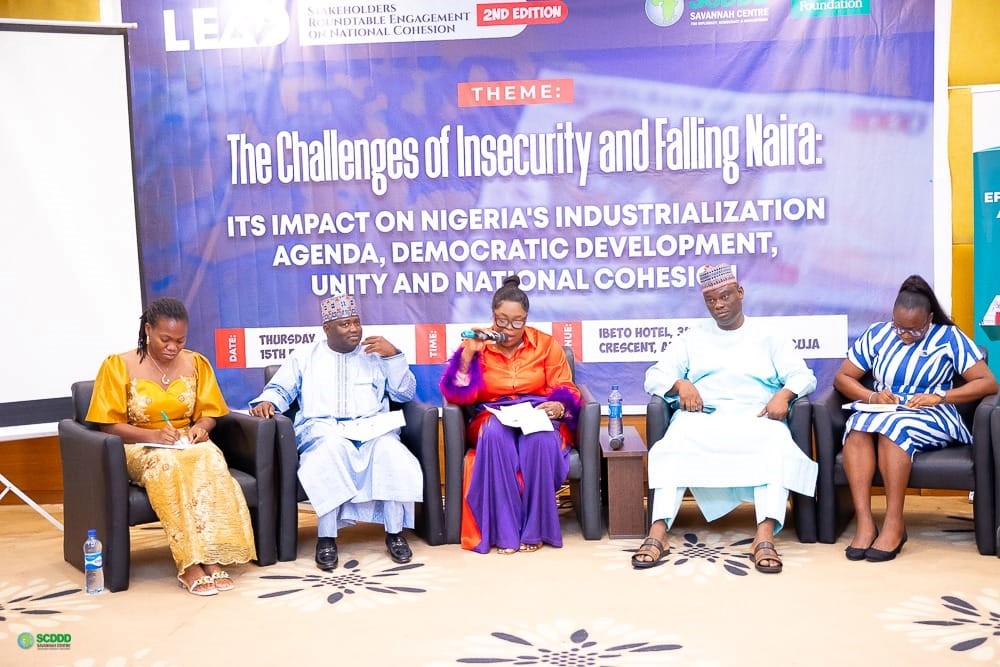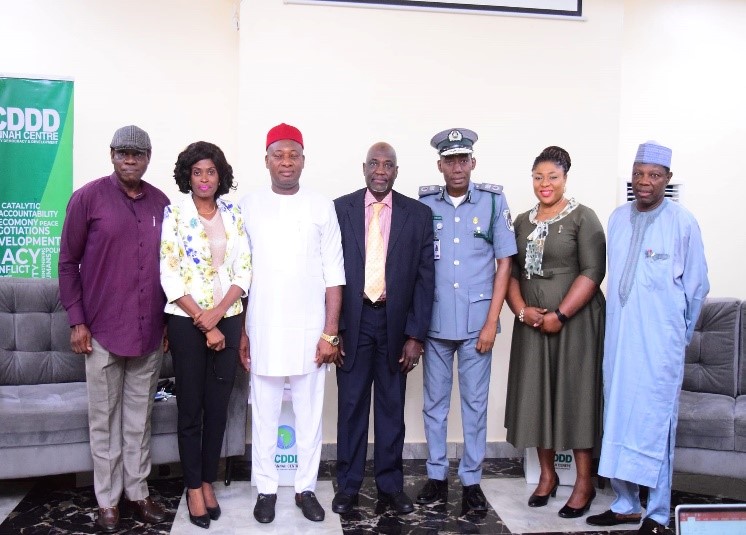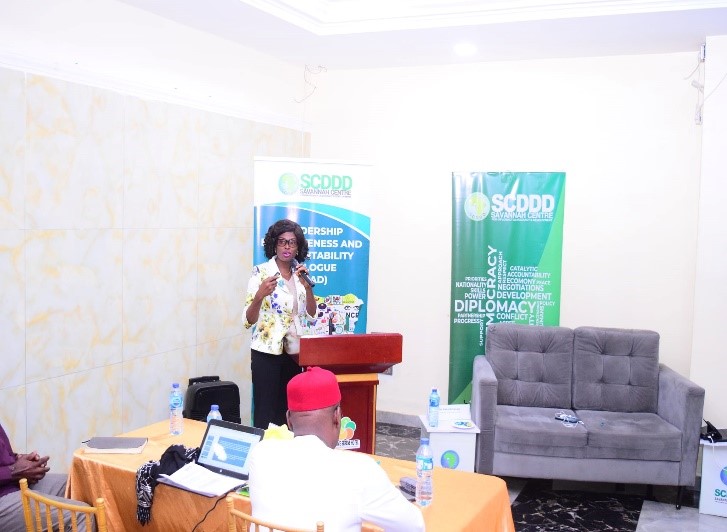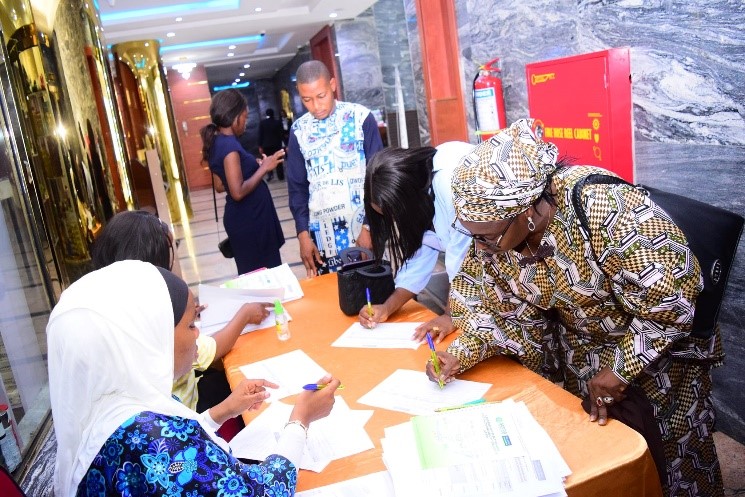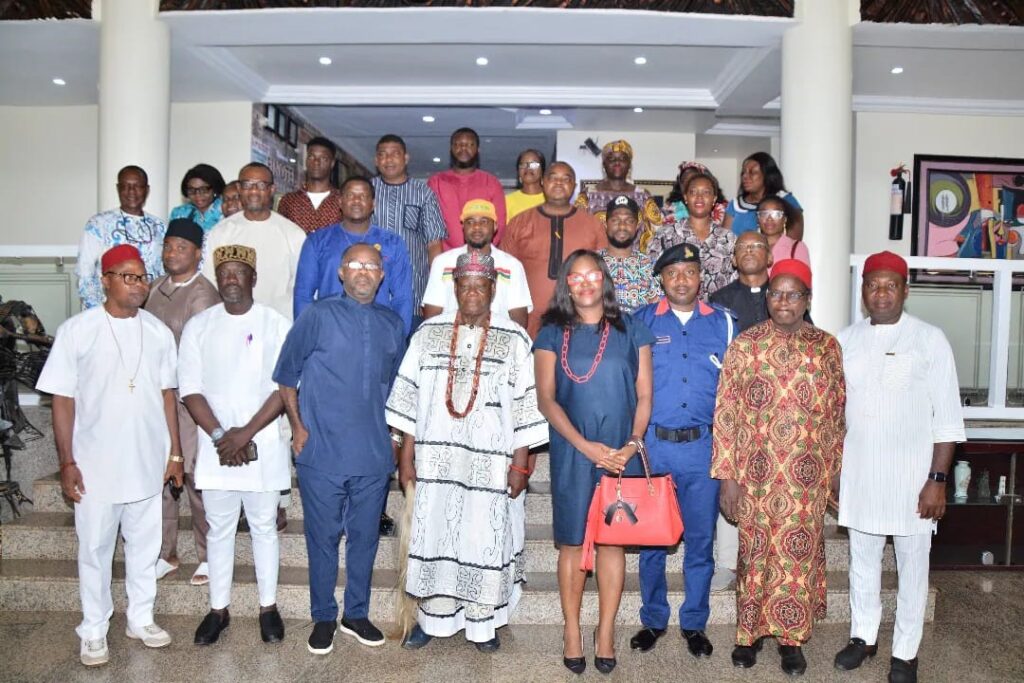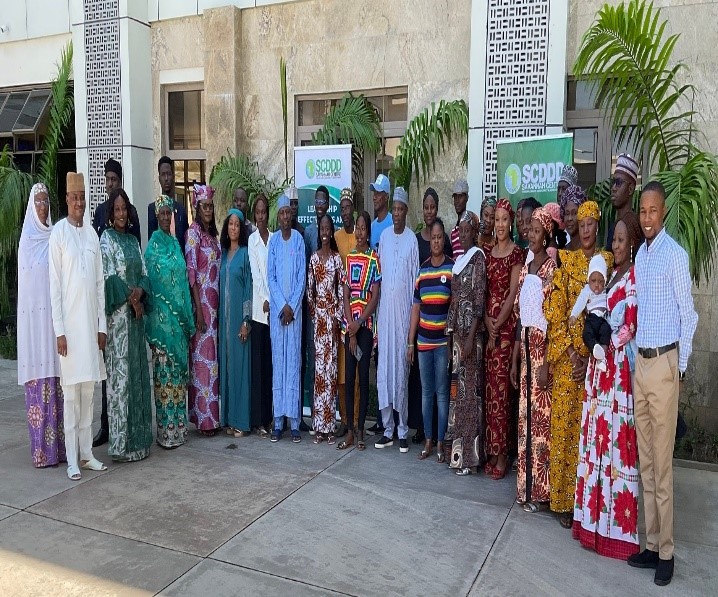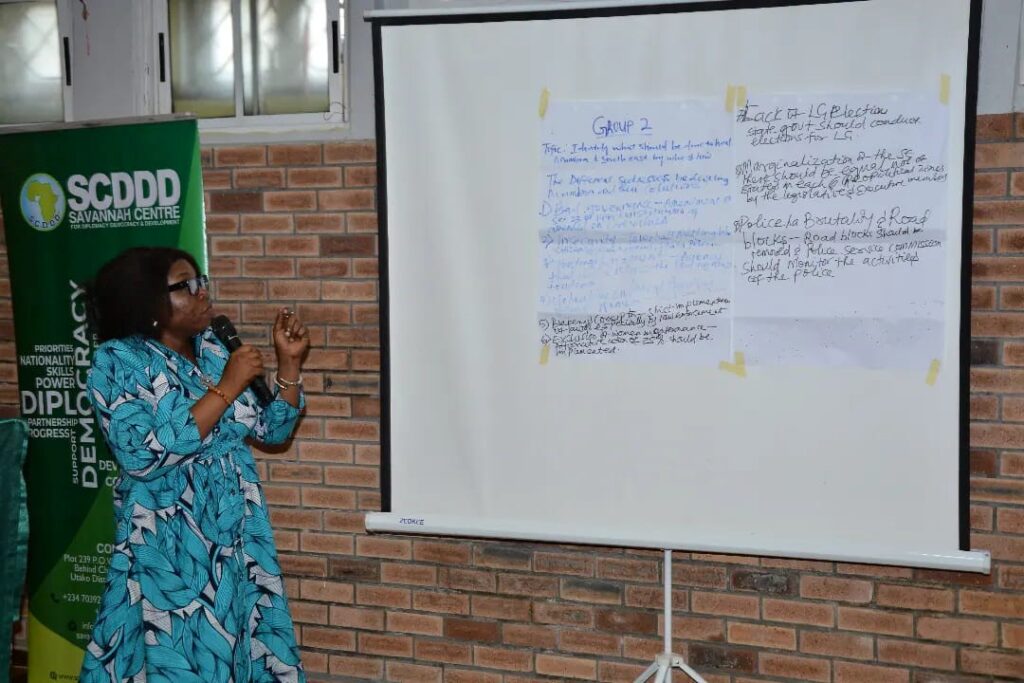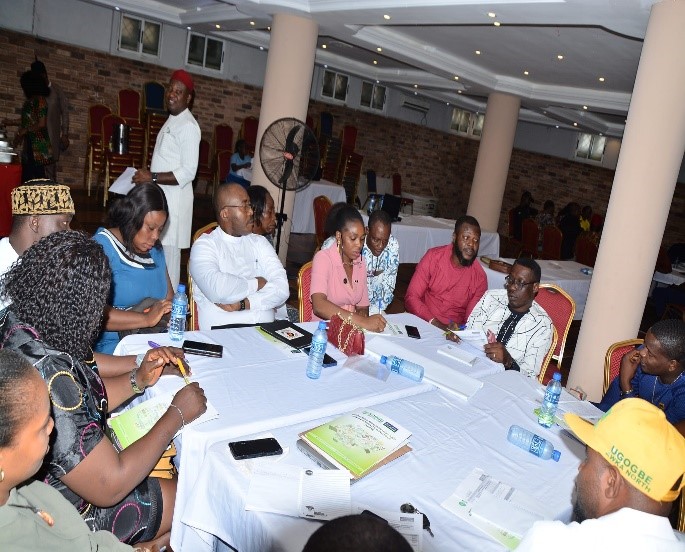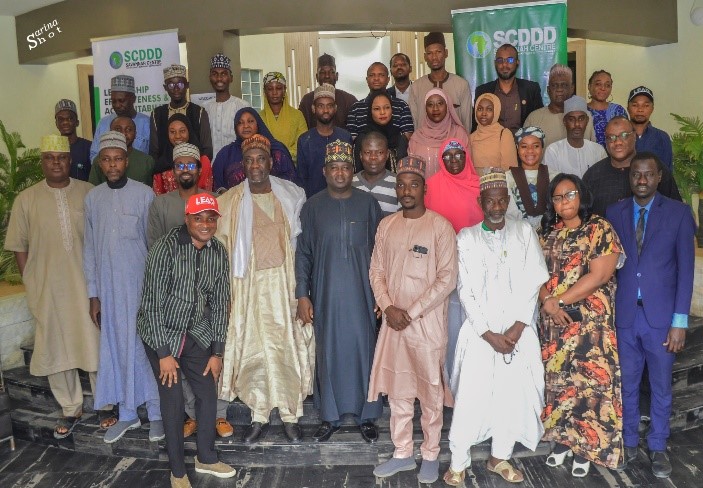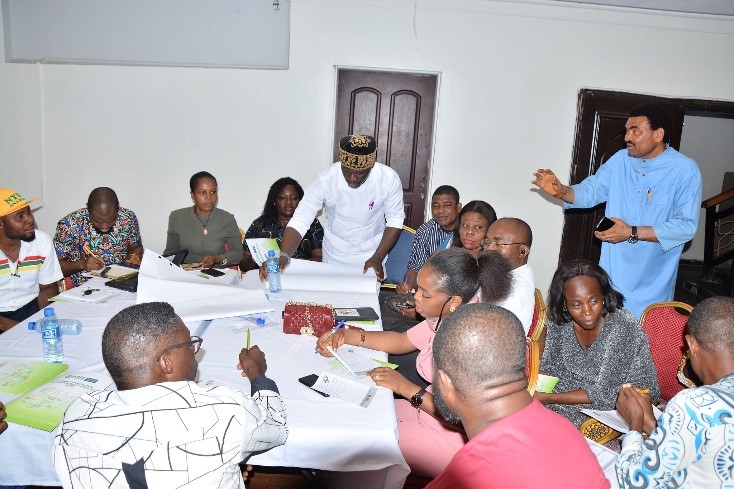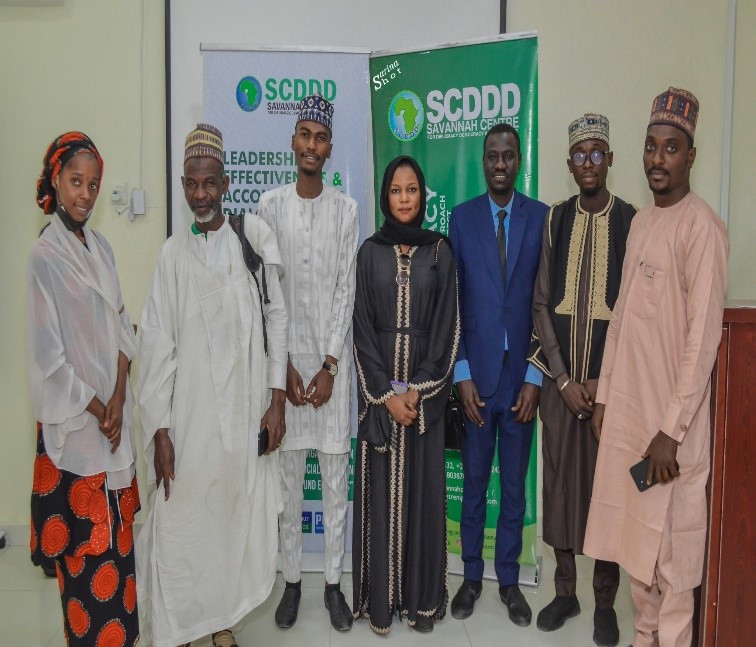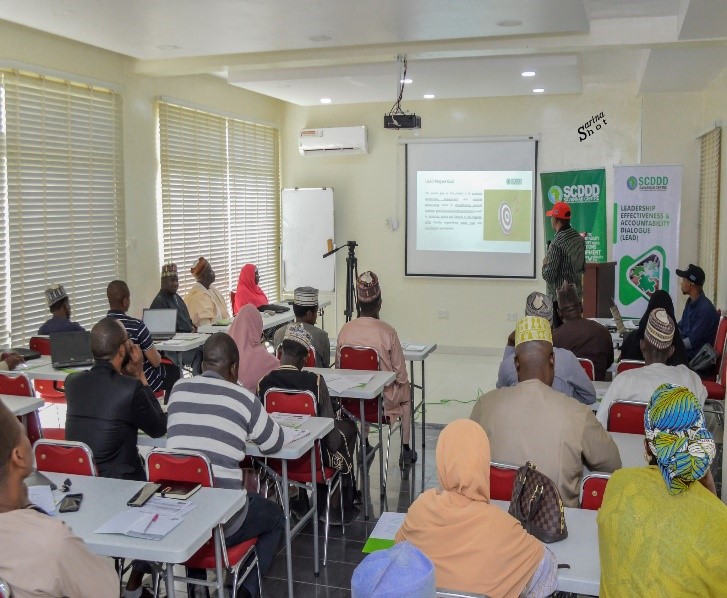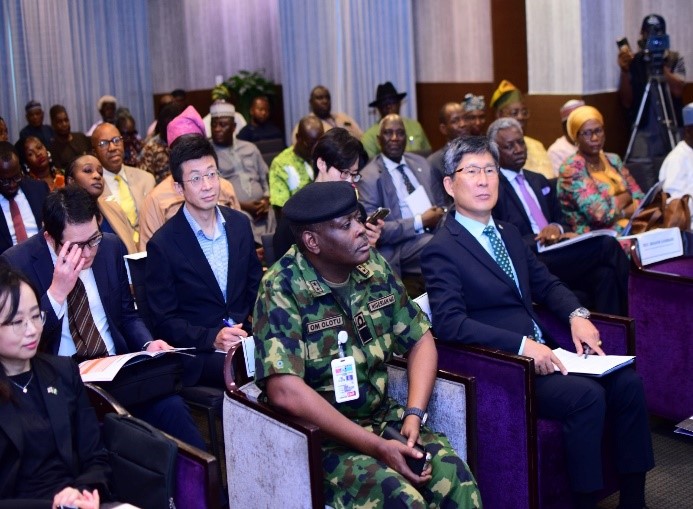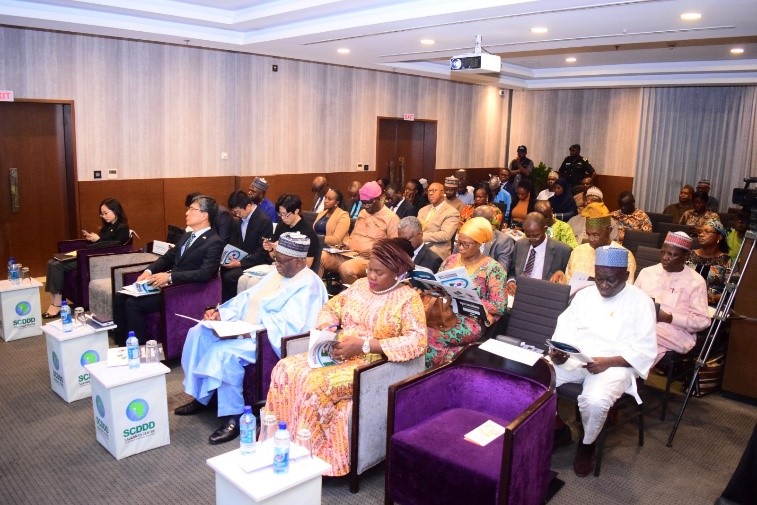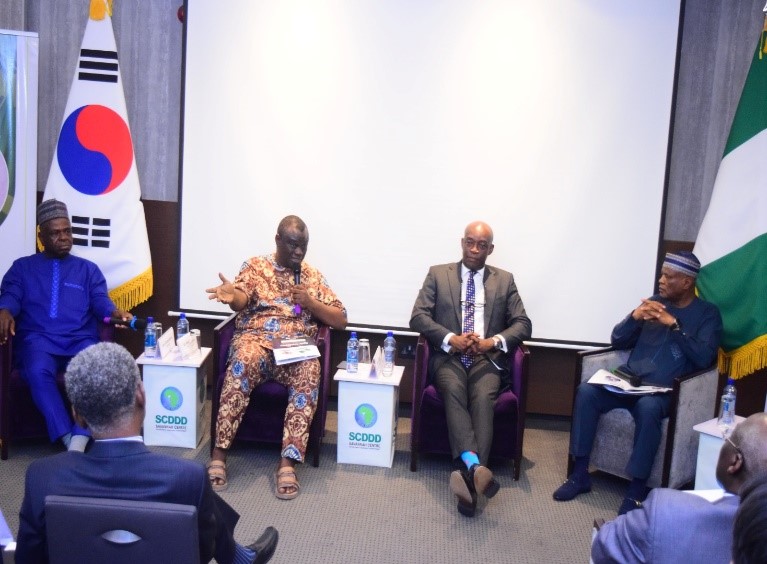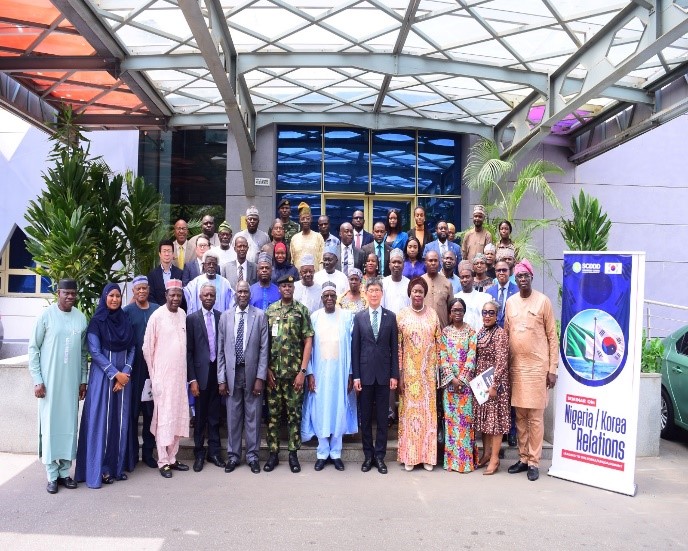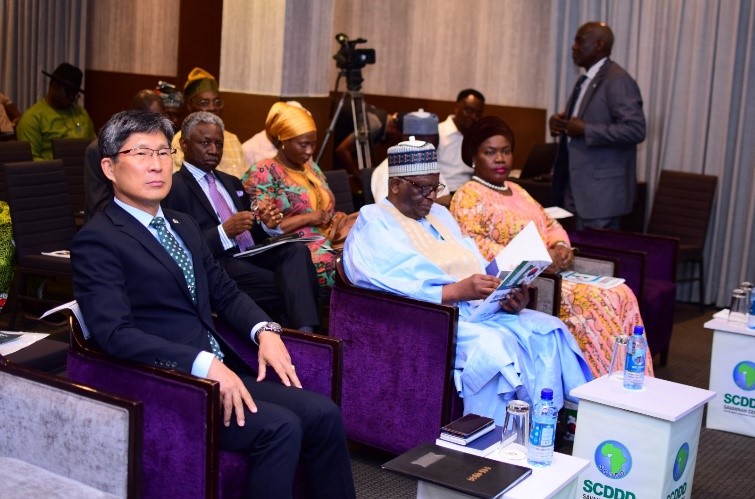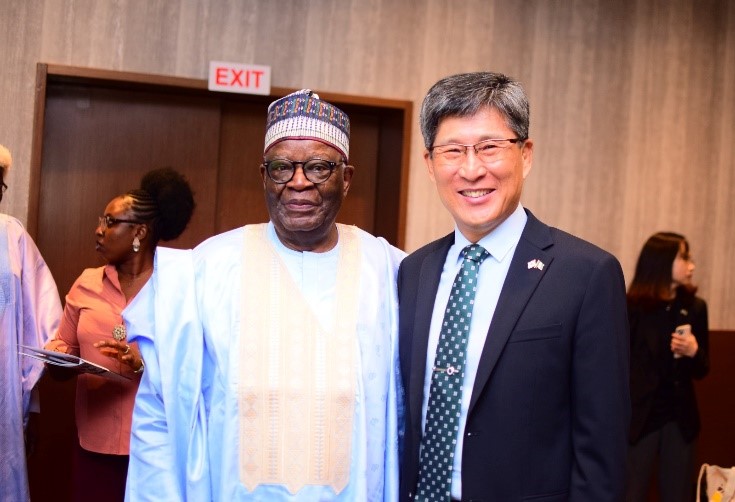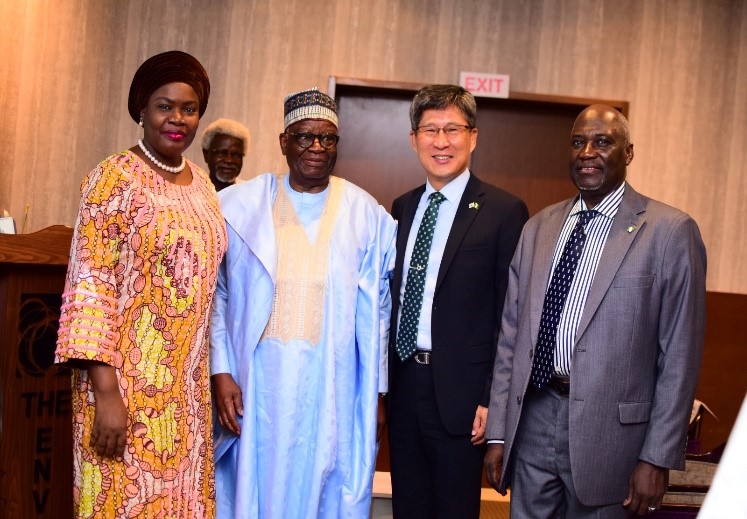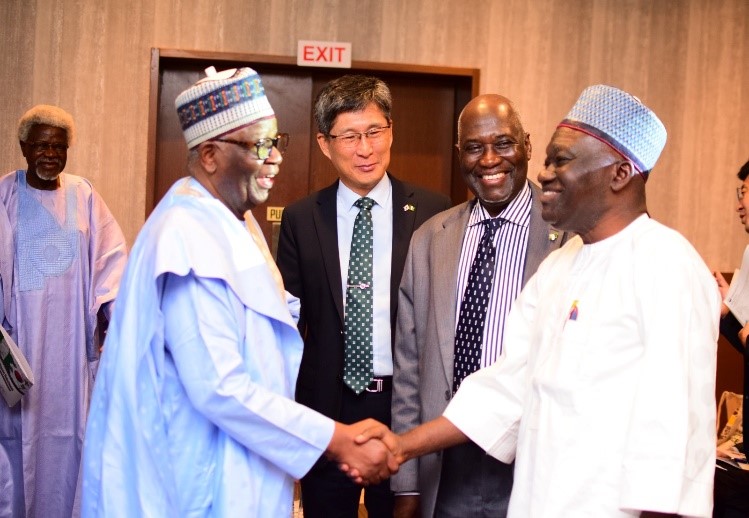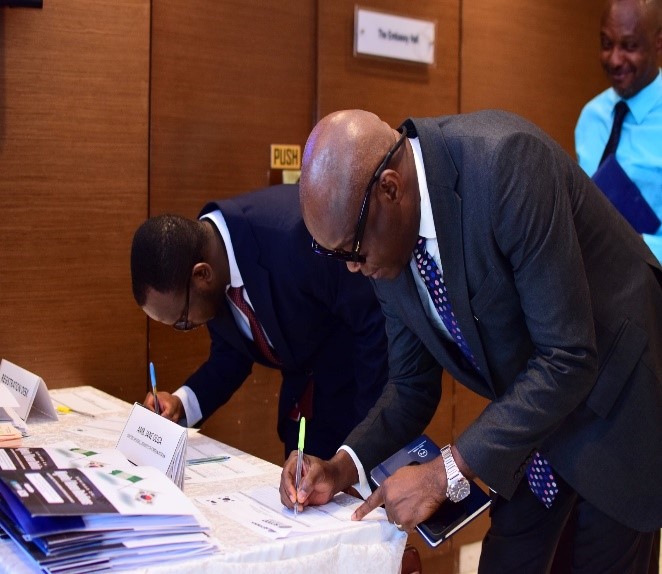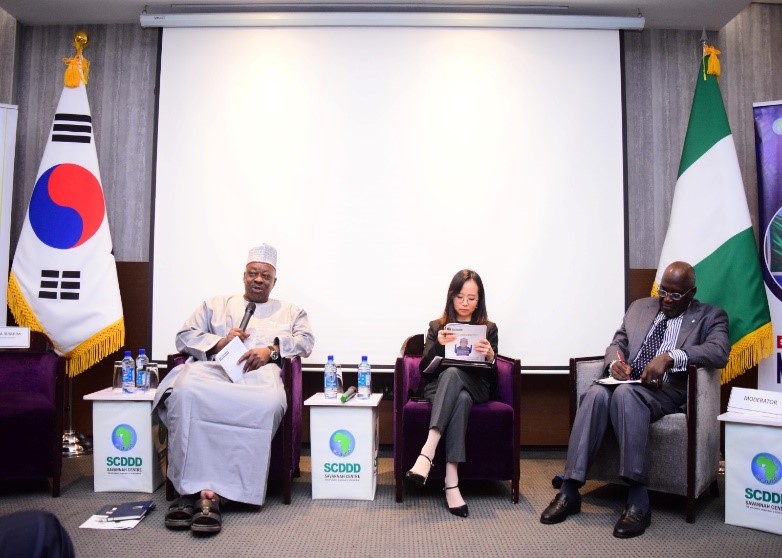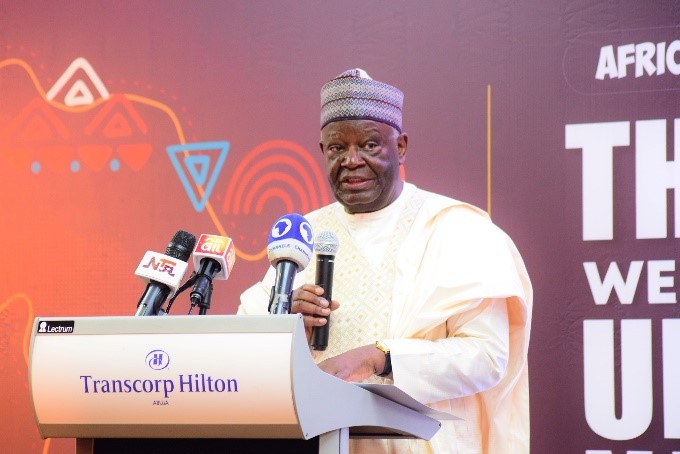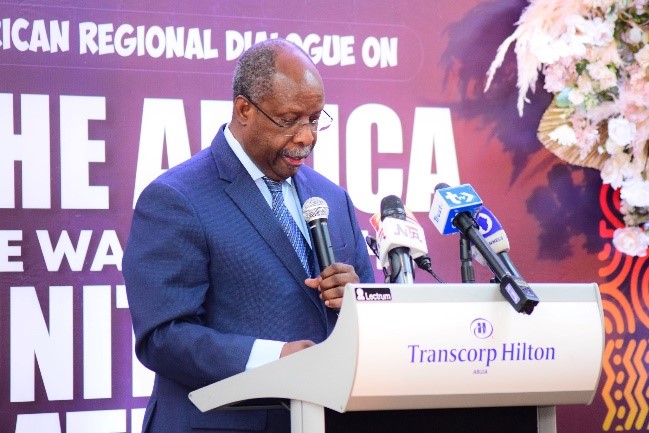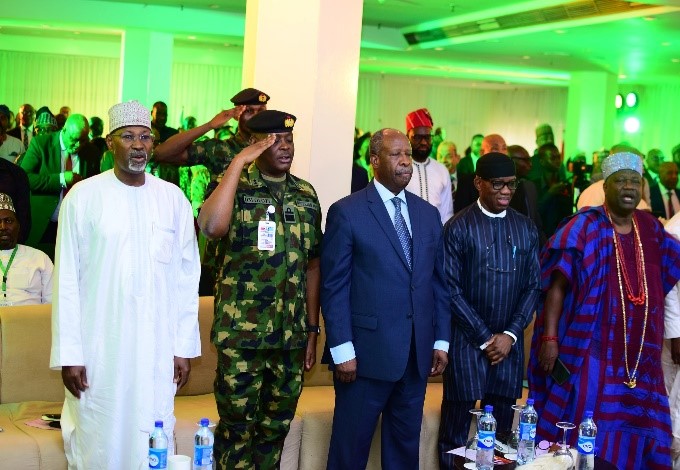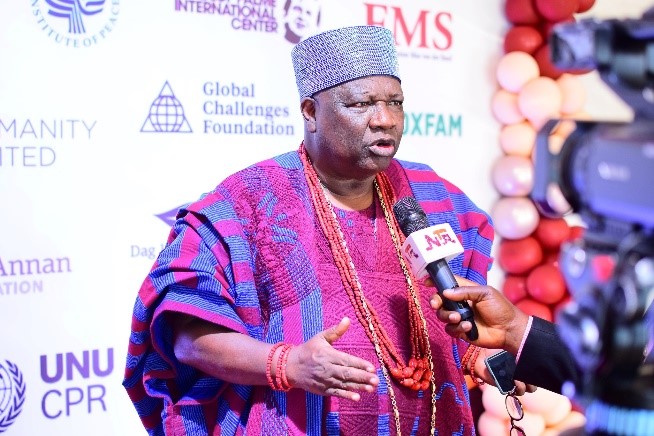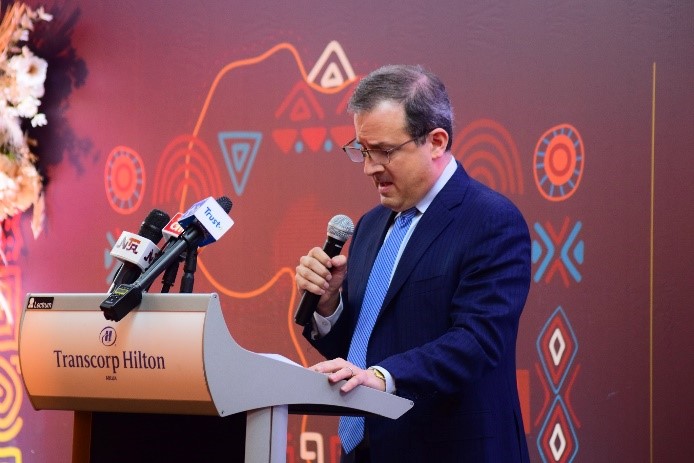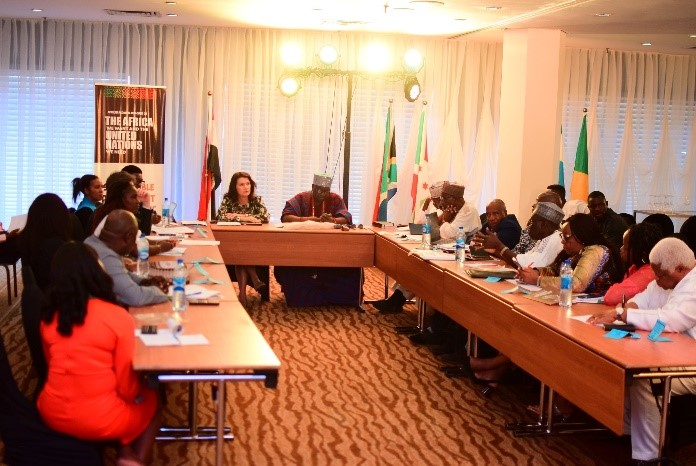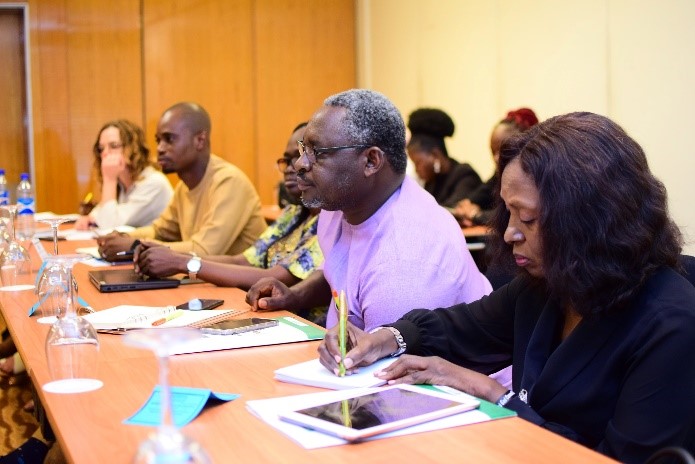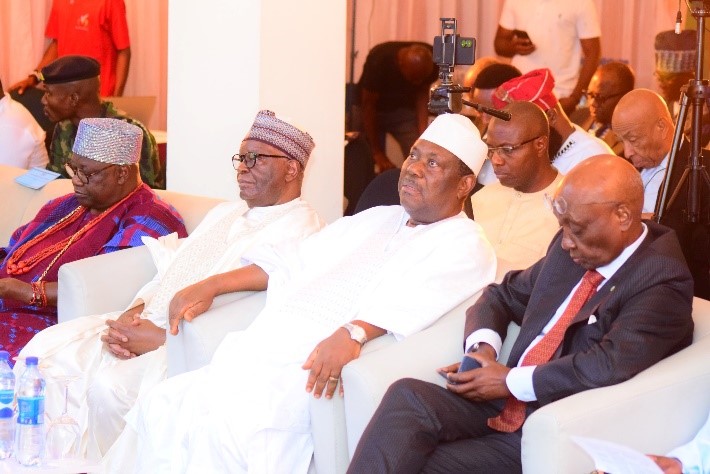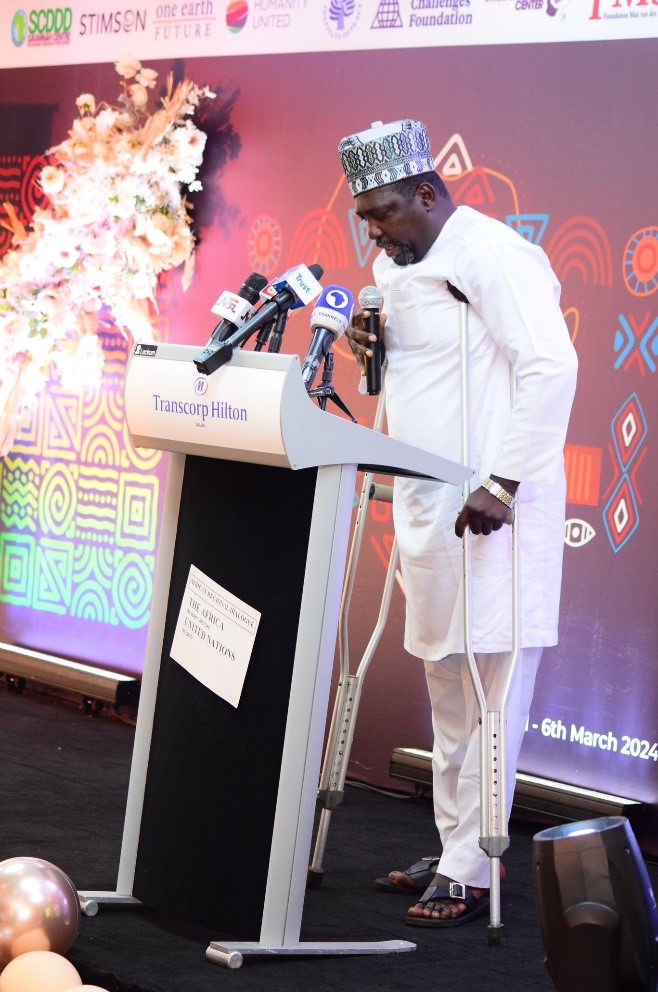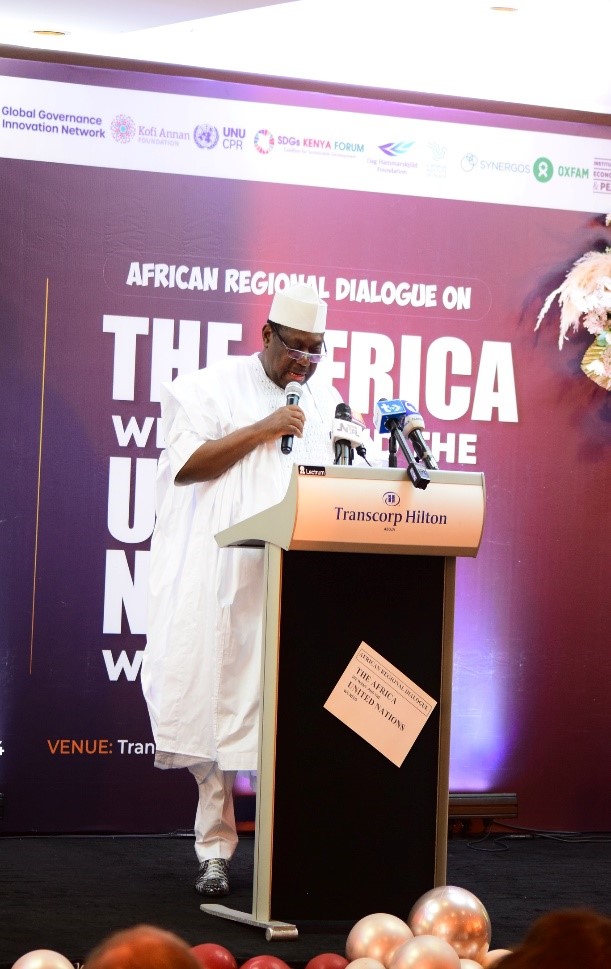The first Stakeholders Roundtable Engagement on National Cohesion for its Leadership Effectiveness and Accountability Dialogue project on the theme; Exploring Nigeria’s Diversity in Promoting National Cohesion and Socio-political Development. The concept of restructuring and its imperativeness as one of the pathways to sustainable development, national prosperity, and a secured polity. Issues around national identity, value reorientation, good governance, parenting, and institutional reformation were brought to the fore. The event came to an end with the necessity of restructuring the system down to the citizenry, as this is the only way to build the nation Nigerians need.
The second edition of Stakeholders Roundtable Engagement” under its flagship project, Leadership Effectiveness and Accountability Dialogue (LEAD), on the theme: The Challenges of Insecurity and the Falling of Naira: Its Impact on Nigeria’s Industrialization Agenda, Democratic Development, Unity, and National Cohesion. They engaged in an in-depth and constructive discussion of the challenges of insecurity and naira devaluation, which have taken the front burner in the national discourse, establishing its clear linkages with the scale of “Japaism”, unemployment, and apparent institutional failure, all of which have negatively impacted on the attainment of peace and security, economic prosperity, unity, and national cohesion.
The third Edition on the Stakeholders Roundtable Engagement on National Cohesion for its Leadership Effectiveness and Accountability Dialogue (LEAD) Project on the theme: Unbundling National Security for Effective National unity and Prosperity; Food security, Job security/Unemployment, Cyber security, Policing and National Territorial. The event had in attendance, critical stakeholders from diverse sections of Nigerian society. The event outlined the divisive instruments that contributes to a destabilized National Security, buttressing the prioritization of human security as it is a nexus to national security. Ways to achieve and maintain the spheres of national security was extensively discussed with emphasis on “Recognition of citizen inclusion rather than indigen” as a driving force for national unity to be attained.
